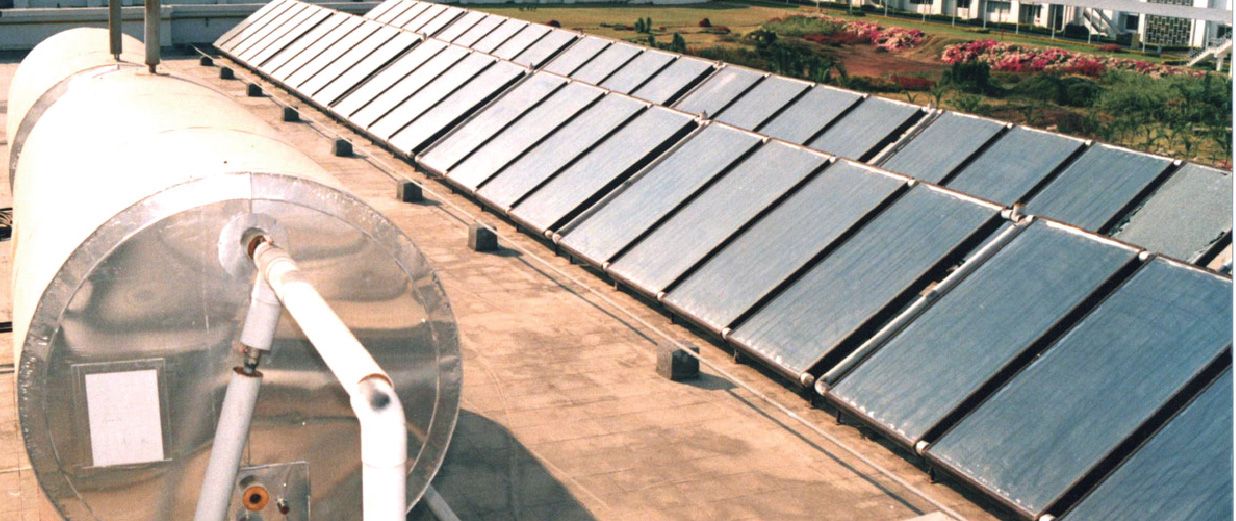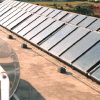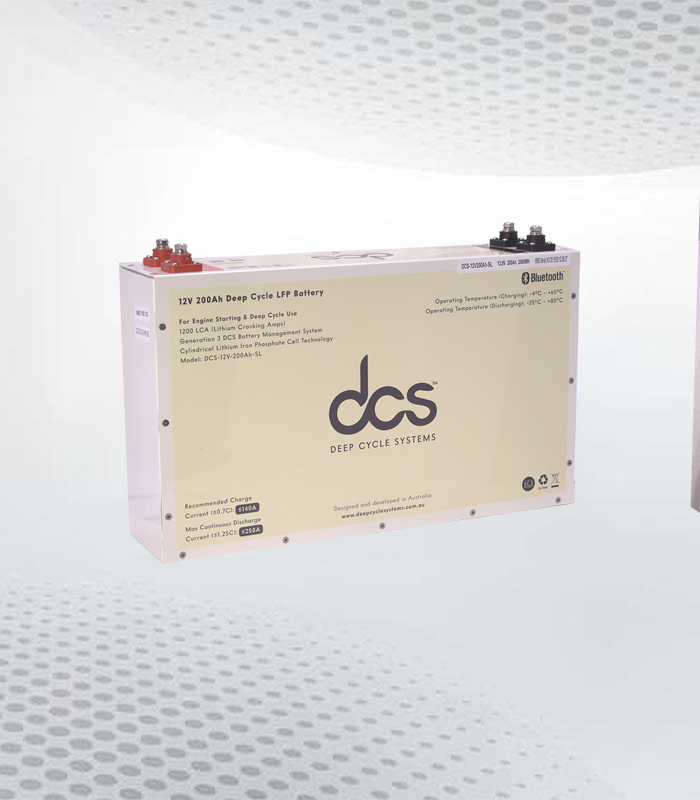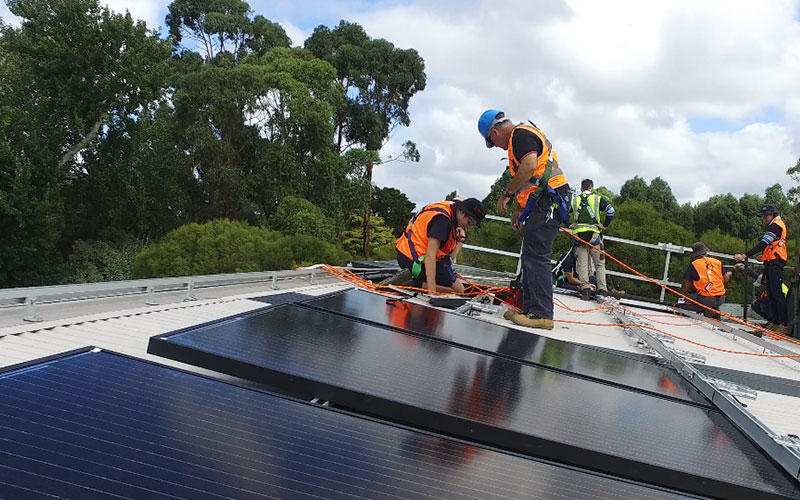The Future of Energy Independence: Understanding Solar Rooftop Systems

Solar rooftop systems are very popular options in residential, commercial, and industrial sectors due to the growing need for clean and renewable energy sources. A solar rooftop system enables the generation of electricity directly at a site by harnessing power from the sun and cutting down dependence on traditional sources of power, energy bills, and a cleaner environment. Here’s a look at how a solar rooftop system works, its benefits, and key considerations for installation.
What is a Solar Rooftop System?
A solar rooftop system is essentially a collection of solar panels placed on top of buildings that can absorb the sun’s rays and transform them into electricity. This energy may be used for powering appliances, lighting, and other electrical needs of the building. In fact, most of the time, the excess electricity is fed back into the grid through a process called net metering. This will help in saving the cost of monthly electricity expenses as well as in the generation of sustainable energy.
Advantages of a Solar Rooftop System
Save on Energy Bills: The biggest advantage of a solar rooftop system is that it saves energy bills. Such a system saves your long-term energy bills as it generates power; therefore, you save the most on utility bills as you are not dependent upon grid power as much.
Environment Friendly: The solar energy source for renewable energy is also not harmful to the environment, with no emission of chemicals as well as polluting the environment. An investor in a rooftop solar system may reduce greenhouse gases in use.
Energy Self-sufficiency: The most attractive feature of a solar rooftop system is that users become energy independent. Energy users no longer have to rely on the grid, hence no longer vulnerable to fluctuations in energy prices. The availability of battery backup enhances the resilience of the systems and continues to supply power even during grid outages.
Increased Property Value: Property values increase when installed with solar rooftop systems. Solar installations are one feature most buyers look for: more eco-friendly and less costly homes.
Government Incentives: There are government programs in India which offer incentives or subsidies, which reduce the cost of investing in a solar power solution.
Varieties of Solar Rooftop Systems
There are two types of solar rooftop systems:
On-Grid Systems: These systems feed into the main electricity grid. Thus, it is suitable for areas that have reliable access to the grid and will benefit from net metering, whereby users earn credits on any surplus energy they create.
This doesn’t have any relation with the primary grid; instead, it has been amalgamated with the use of some batteries, mainly in charge with storage at nights, during periods with little sunshine, etc. This would fit very well with very remote places that may not easily reach a power supply of a given region via the grid.
When choosing a solar rooftop system, you should hire reliable rooftop solar companies in India so that you have a well-designed system that meets your energy needs. Important factors to consider include:
Roof Suitability: The size, orientation, and shading of your roof are critical to the efficiency of your system.
System Size: The amount of energy you consume, as well as the area available on your roof for installation, will determine how large your system should be. You can consult a professional to determine the exact capacity you need based on the pattern of your electricity usage.
Battery Backup: When you want to be independent from the grid, a battery backup system is ideal because it allows you to stock up on excess energy so that you can use them when you need to or when the power goes off in your area.
This step of adopting a solar rooftop system is an effective measure for achieving energy independence and sustainability. The benefits include cost- savings on energy bills, government incentives, and low maintenance. For all the people and businesses who would want to adopt renewable energy, solar rooftop systems come as the best choice. A good and reliable installation requires you to work with credible rooftop solar companies in India. With a solar rooftop, you invest in a clean, renewable future for generations to come.
Maintenance: The rooftop system requires low maintenance; the panels have to be cleaned regularly for them to perform efficiently.
Below is a simplified flowchart representing the operation of a solar rooftop system.
Sunlight
|
Solar Panels
(Capture sunlight, convert it to electricity.)
|
Inverter System
(Converts DC to AC power.)
|
Power Supply
(Distributes electricity for use in buildings.)
|
Excess Power (if any)
(Sent to grid or stored in battery)




